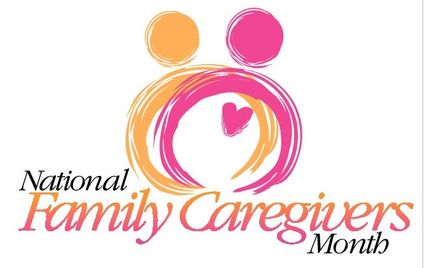November is National Family Caregiver Month
Last updated 11/6/2014 at Noon
November marks National Family Caregivers Month, a time to recognize the 42 million Americans, 3.4 million in Texas, who help care for aging parents, spouses and other loved ones so they can remain at home – as opposed to costly institutions. In Texas alone, family caregivers provide unpaid care valued at a staggering $34 billion annually.
Sonia Soto of Houston is among the many Texans providing care for parents. She relishes the time she’s spending with them. “I love getting in bed with my mother and listening to her stories and learning about family history,” Soto said. “The time I’m spending with my parents is just so rewarding, especially knowing that I’m giving them a less stressful period and the companionship that they need and deserve.”
Today, the average family caregiver is a 49-year-old female, who takes care of a 77-year-old woman – usually her mother. She provides 20 hours a week of assistance to her loved one, although she may be on call around-the-clock.
“When it comes to family dynamics, caregiving is the norm,” says Bob Jackson, state director of AARP Texas, which represents more than 2 million Texans age 50 and older. “If you’re not a caregiver now, you were one in the past, or you’ll likely be one in the future. This silent army of unsung heroes helps their older loved ones to live independently, with dignity, each and every day.”
To honor family caregivers, this month AARP launched a new initiative to spotlight their stories, called “I Heart Caregivers”: aarp.org/iheartcaregivers.
According to AARP, the vast majority of older Texans want to live independently, at home, as they age. And, family caregivers are the ones who step up and provide the bulk of assistance to make this goal a reality, including help with bathing and dressing; meal preparation; managing finances; transportation; grocery shopping, and more.
“Family caregivers are also required to undertake tasks that were once in the domain of only doctors and nurses: complex medication management, wound care, injections. Yet, most receive little or no training for these duties,” Jackson said. “Bottom line: Family caregivers could use some support: training, help at home, workplace protections, and more.”
Visit aarp.org/iheartcaregivers to find out more about family caregivers in Texas – and share your story.












Reader Comments(0)